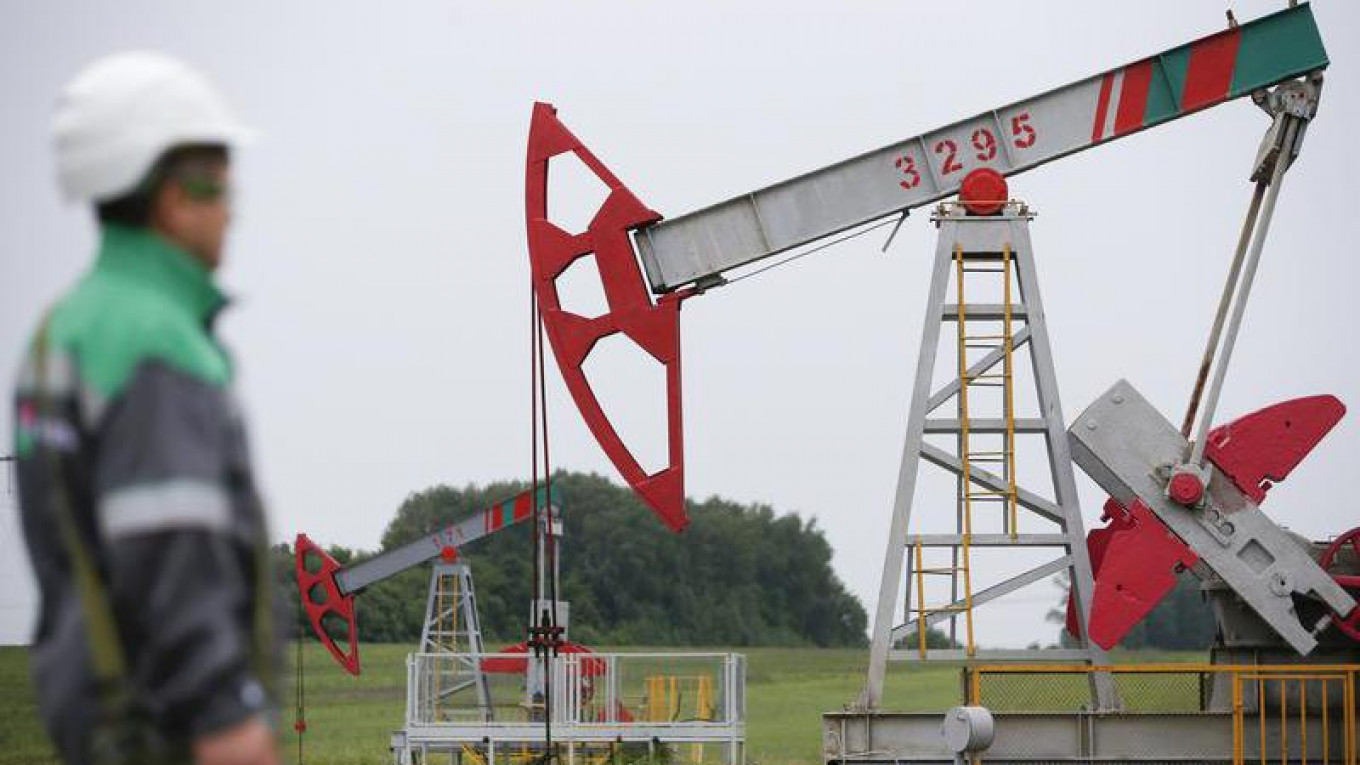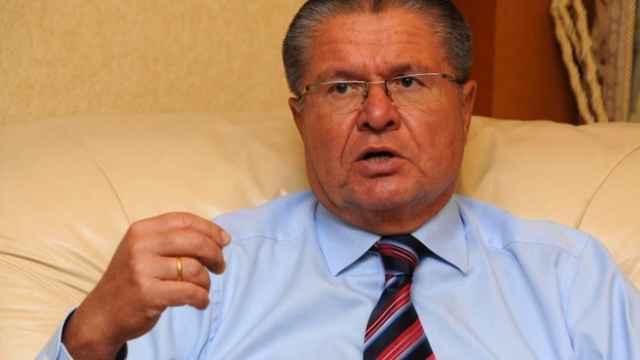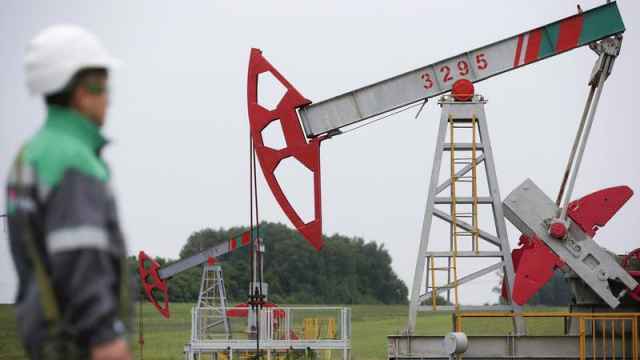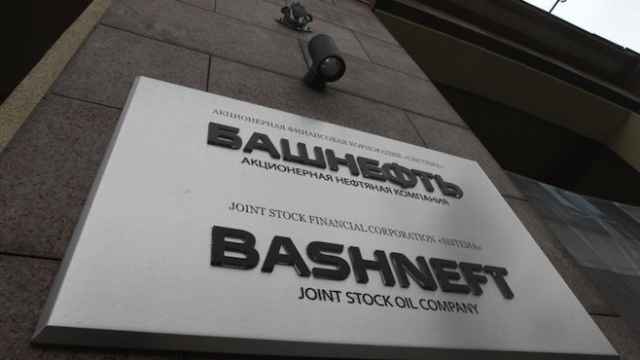The Russian government’s stake in the Bashneft oil company is estimated to be worth some 306 billion rubles ($4.7 billion), financial advisory company EY has announced. The figures reflect a 19 percent premium on a weighted-average trading price for the last three months.
A federal official confirmed that the assessment was accurate, while another source claimed that the final valuation should be made available within a week.
The state is preparing to sell a 60.16 percent stake of ordinary shares in Bashneft, making up some 50.08 percent of share capital. The stake was valued at 273.6 billion rubles ($4.1 billion) on the Moscow Stock Exchange on Thursday morning, and the deal could take place as early as October, Economic Development Minister Alexei Ulyukayev told Interfax.
The announcement prompted a brief 3 percent spike in the value of ordinary Bashneft shares, with that figure dropping to a 1.85 percent increase by the close of trading. Individual share prices had plummeted by 17.68 percent earlier in the week, following an announcement by First Deputy Prime Minister Igor Shuvalov. He claimed that a preliminary assessment had valued the stake at $3 billion, 50 percent lower than a valuation carried out by an independent assessor. The drop was only short-lived, lasting roughly two minutes.
EY's assessment is approximately 20 percent higher than market value, said Raiffeisenbank analyst Andrei Polishchuk. “Considering that the price had already risen with news of the privatization, the premium is very large,” he said.
The estimate is realistic because takes into account the benefit of a controlling stake and the company’s growing oil production, said GL Asset Management portfolio manager Sergei Vakhrameyev. That price could well only be the starting bid, with the winning bidder being forced to increase the final price through offers to minority shareholders. Yet given the current price of oil, any investment in the Bashneft stake could be recouped in eight or nine years, Vakhrameyev said.
The government has not decided yet on how to sell the Bashneft shares, but the Kremlin would prefer to sell a controlling stake to a strategic investor.
According to Ulyukayev, nine potential buyers have expressed interest in the company's privatization: including Lukoil, Rosneft, the Antipinsky refinery, Tatneftegaz, Tatneft, the Energy Fund and the Russian Direct Investment Fund with partners.
With its production in Russia in decline, Lukoil has the greatest need of the Bashneft stake – including the company’s Trebs and Titov oil fields, where Lukoil already has regional infrastructure in place, analysts said.
“We set a price of 3,025 rubles per ordinary share based on a long-term Brent price of $75,” said UBS analyst Maxim Moshkov. “But that is without the premium for the controlling stake.”
Yet buying the government’s stake at a that price does not create immediate shareholder value for either Rosneft or Lukoil, said Moshkov. Purchasing at such a high valuation could be beneficial for companies deriving the greatest synergistic effect from the merger in the short term. “The synergistic effect would total $1 billion for Lukoil, according to our calculations,” Moshkov said.
A Message from The Moscow Times:
Dear readers,
We are facing unprecedented challenges. Russia's Prosecutor General's Office has designated The Moscow Times as an "undesirable" organization, criminalizing our work and putting our staff at risk of prosecution. This follows our earlier unjust labeling as a "foreign agent."
These actions are direct attempts to silence independent journalism in Russia. The authorities claim our work "discredits the decisions of the Russian leadership." We see things differently: we strive to provide accurate, unbiased reporting on Russia.
We, the journalists of The Moscow Times, refuse to be silenced. But to continue our work, we need your help.
Your support, no matter how small, makes a world of difference. If you can, please support us monthly starting from just $2. It's quick to set up, and every contribution makes a significant impact.
By supporting The Moscow Times, you're defending open, independent journalism in the face of repression. Thank you for standing with us.
Remind me later.






